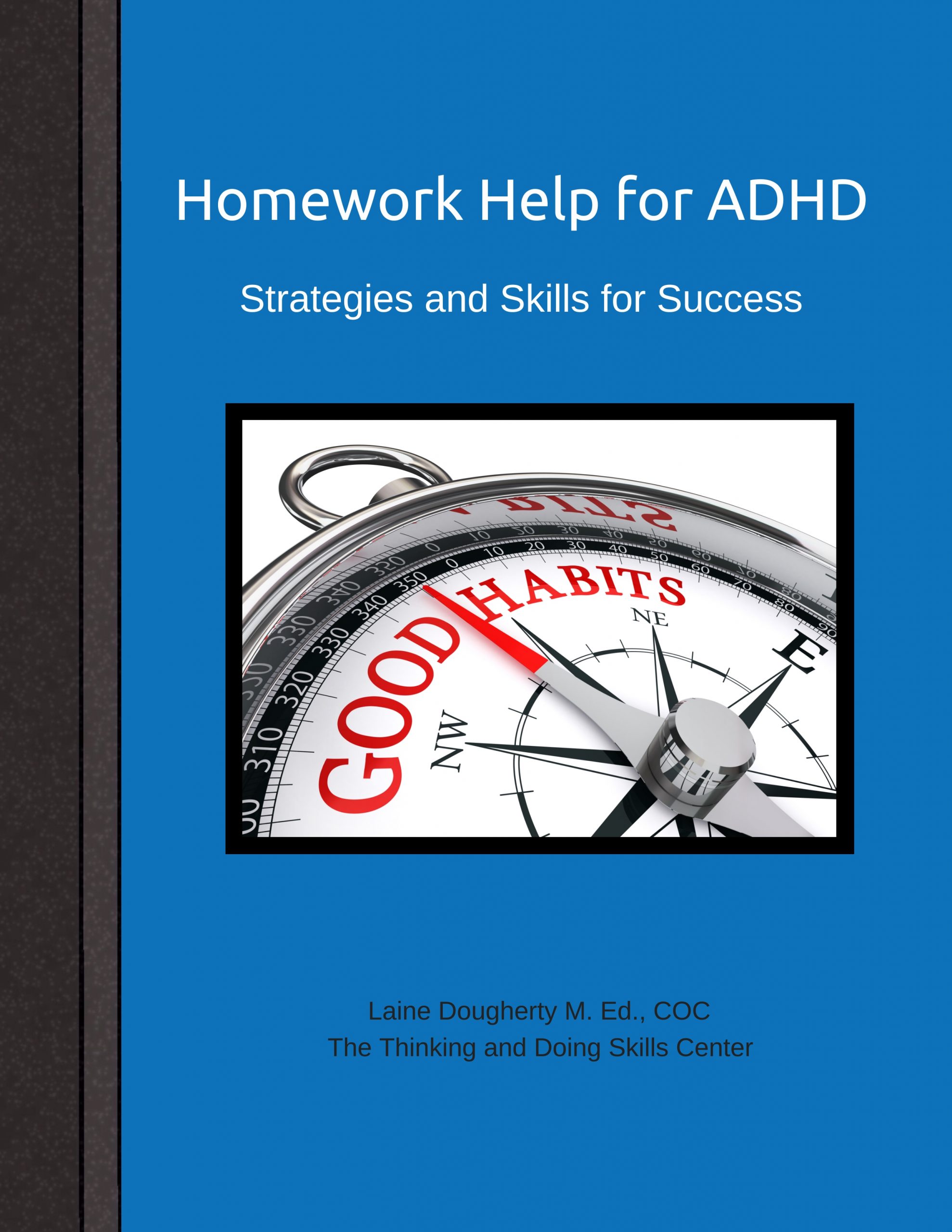 Have you ever walked into a room and forgotten what you went in there for? Or sent your child to do two things and they only did one? If this kind of thing happens often then it may be a working memory issue.
Have you ever walked into a room and forgotten what you went in there for? Or sent your child to do two things and they only did one? If this kind of thing happens often then it may be a working memory issue.
Working Memory is an Executive Function skill that plays an important role in remembering what to do and how to do it. It can have an impact on how much you and your child get done and how quickly and/or completely. Peg Dawson and Richard Guare1 define working memory as, “the ability to hold information in mind while performing complex tasks. It incorporates the ability to draw on past learning or experience to apply to the situation at hand or to project into the future.” This explains why your child can do the homework one night and the next night not have any idea. It also explains why things are left unfinished, or multiple step directions are not followed and why they do the same thing over and over even though they “know” or should know that it is wrong. It also interferes with learning from past mistakes. Multitasking or being distracted and not paying attention to details can also have an effect on your ability to use your working memory effectively.
In Children it may look like:
- Difficulty following multi step directions (or forgets some but not all of the steps during a project)
- Struggles with math, especially processes of more than two or three steps (ex. long division).
- Struggles to get out the door in the morning or to remember the steps in a routine
- May “get in trouble” for the same thing over and over
- Really studies but fails the test
In adults:
- Walk into a room and forget why
- These are the people that forget they are driving when they are on their cellphone
- Leave tasks in midstream
- Wake up in the middle of the night remembering something they forgot to do
- Get home from the store without the item they went for
Strategies to help working memory:
- Write it down! Use a planner, smartphone app (Google Calendar, Color note, Evernote, Remember the Milk, Hiveminder, etc.), or notepad to keep track
- Make it multisensory whenever possible
- Simplify and slow down. (Multitasking reduces your IQ by 10-20 points, so use your full capacity)
- Visualize the “end” – what will it look like when I am done/ready?
- Cut out distractions and focus on the task at hand
- Visual cues like using your fingers as placeholders for what you need to remember (3 things=3 fingers) and “don’t forget” lists on the back of the door.
- Chore cards (Russell Barkley’s idea) that list the steps involved in a chore
- Repeat out loud what you want to remember
- Have your child repeat back what they need to do
- Do one thing at a time until you or your child can handle more
- Use mnemonics, acronyms or make up silly songs to remember what to do
- Templates, checklists and pictures for processes, chores, and routines
For Learning:
- Graphic organizers and mind maps using color, shape, and placement help the brain recall
- Preview before reading
- Use outlines, take notes and use highlighters when possible (different color for each step in directions)
- Have a note buddy to share notes with your child or to call if they forget what to do
- Write out the steps first so you can check back to see they are all done
- Templates, checklists and pictures for processes, chores, and routines (long division, morning get ready routine, what to take to school, etc.)
- Play games that rely on remembering to build working memory
Once you become aware of what is preventing you from remembering or can find a few strategies that will work to help you compensate for a weak working memory you can then help your child learn about what is getting in his or her way. Use reflective listening that shows you “hear” them and guide them to figure out their own solutions, don’t provide them for them. Lots of people have working memory challenges and part of it is just how the world is today. For example, the media is constantly trying to redirect our attention with what is now termed “interrupt marketing” like the pop ups on the bottom of your TV screen during a show. It is annoying and it takes determination to not let outside influences interfere with your ability to remember. So, find what works for you and help your child find what works for them.
If you care to share your favorite strategy, I’d love to hear.
1 Executive Skills in Children and Adolescents by Peg Dawson and Richard Guare (2010)
Also recommend: Late, Lost and Unprepared by Joyce Cooper-Kahn and Laurie Dietzel, and Smart but Scattered also by Peg Dawson and Richare Guare.





